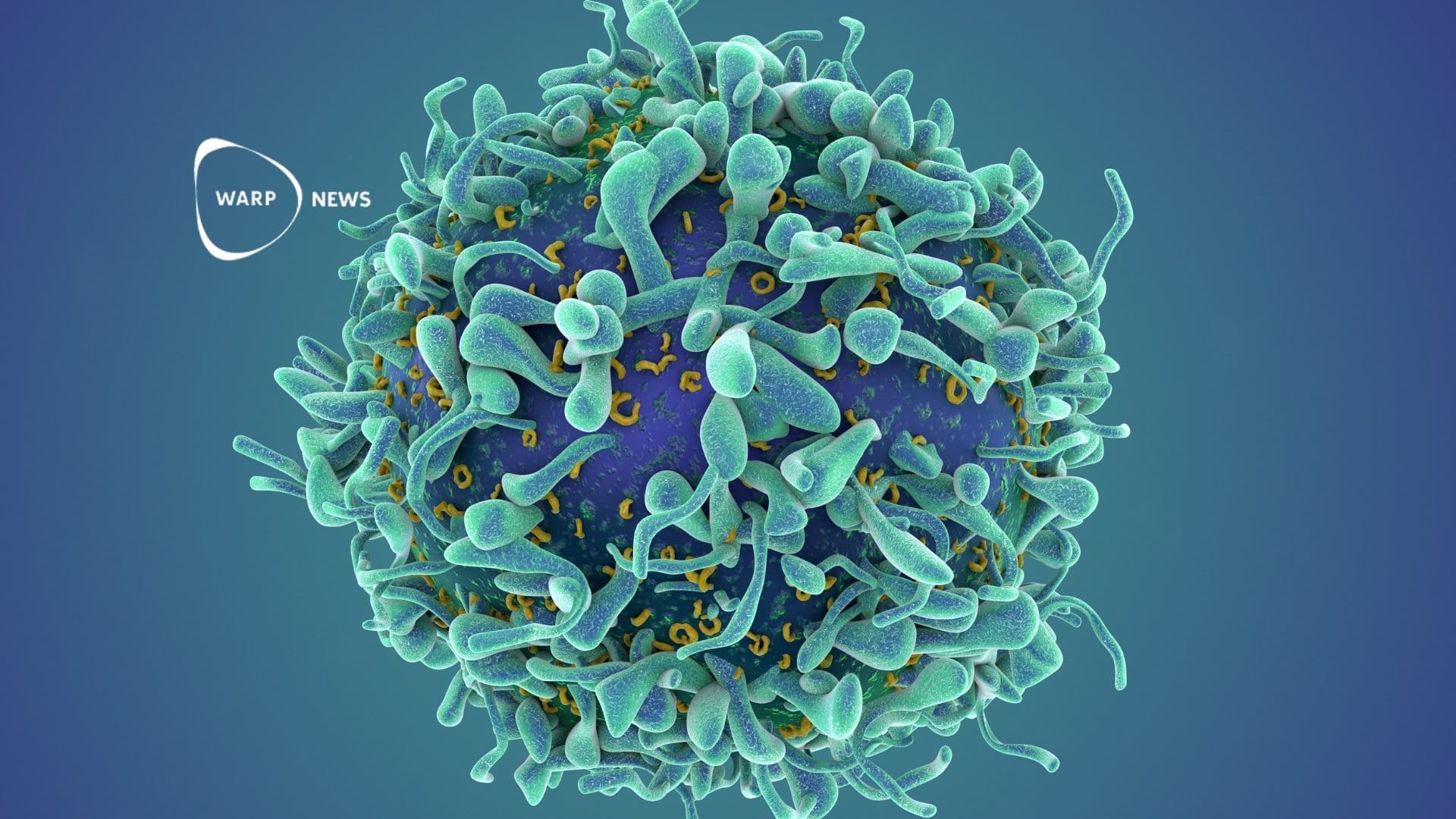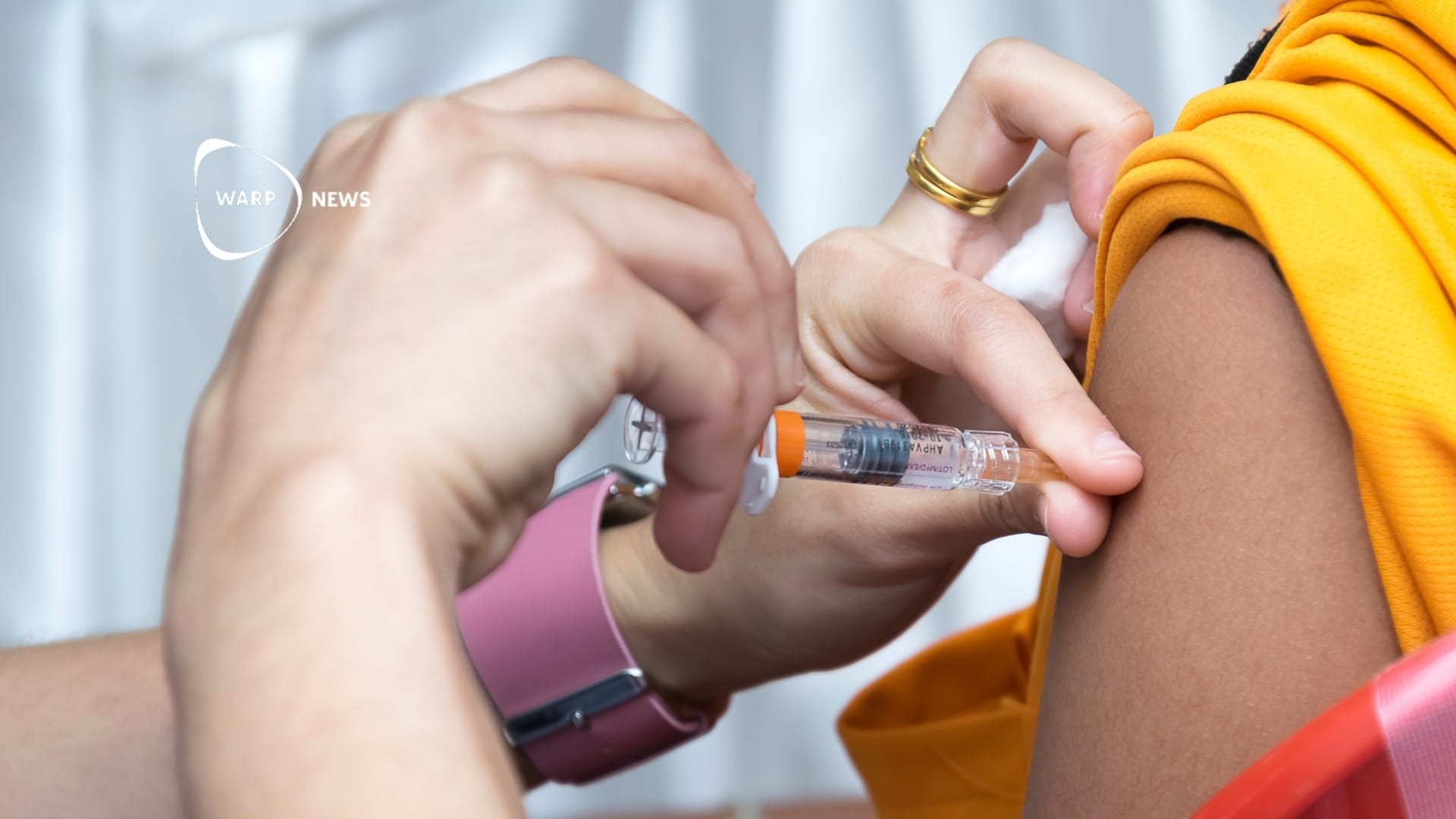
👶 Trials give hope for better treatment for children's cancer
A new treatment where several drugs were combined completely eradicated cancer in mice.
Share this story!
Neuroblastoma is a cancerous disease that affects the nervous system in children. It affects the part of the nervous system that's not the brain or spinal cord. Every year, 20-30 children are affected by the disease. There is treatment, but it can be difficult for children.
"In some cases, the disease can heal and disappear on its own, but the aggressive form has a more severe outlook. The current treatment is very tough for children to go through, and its side effects have consequences for the rest of their lives", says Ruth Palmer, professor of molecular cell biology at the University of Gothenburg and one of the researchers behind a new study, in a press release.
To develop better treatment, the researchers tested two different precision drugs, which are part of the groups ATR and ALK inhibitors, on mice. The results were very promising.
After 14 days of treatment, the tumors had completely disappeared in two independent mouse models. After 200 days, one of the mice relapsed, which is a very long time for one mouse, while the other mice remained tumor-free, says Dan Emil Lind, another of the researchers in the group.
Why the treatment was so effective, the researchers are not quite sure yet. Possibly it is because the immune system received signals that caused it to start breaking down the cancer cells in the body.
The researchers will now move on with more experiments to learn more about the process. In the long run, it will hopefully provide new and more effective drugs for this form of cancer.
"Our results are above expectations. We have now started a follow-up with other ATR inhibitors to investigate how they affect the mice's immune system. We want to know why this combination treatment of precision drugs against ATR and ALK gives such good results", says Ruth Palmer.
Image: Pixabay / cherylholt
By becoming a premium supporter, you help in the creation and sharing of fact-based optimistic news all over the world.


